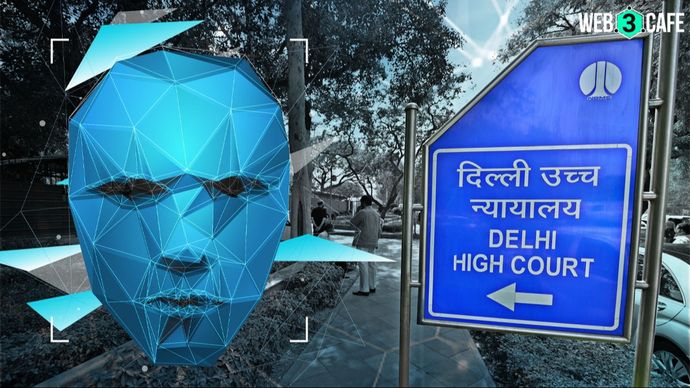Govt intervention sought as Delhi HC examines PIL on deepfake & AI menace
On Monday, the Delhi High Court requested the Central Government's response to a public interest litigation (PIL) addressing the unmonitored usage of AI and deepfakes.

Highlights
- The petitioner urged the court to direct the Centre to identify and block websites providing access to deepfakes
- The court is of the view that only the government, with its extensive resources, can undertake the necessary deliberations
The Delhi High Court has recently taken note of a public interest litigation (PIL) concerning the unregulated use of artificial intelligence (AI) and deepfakes. Deepfakes, created using AI-powered deep learning software, generate videos or images that depict individuals saying or doing things they never said or did. A bench headed by Acting Chief Justice Manmohan acknowledged the complexity of the issue, stating that technology cannot be easily restrained.
Govt's role in addressing the complex issue
The court emphasised that the matter requires careful consideration, noting the need for a balance between the positive applications of the technology and the potential for misuse. The bench expressed the view that only the government, with its extensive resources, can undertake the necessary deliberations. The central government counsel assured the court that regulations are already in place, and the government is actively looking into the matter. The court listed the case for further hearing on 8 January, acknowledging the challenges of regulating rapidly advancing technology.
PIL highlights urgency for regulatory measures
The petitioner, Chaitanya Rohilla, a lawyer, urged the court to direct the Centre to identify and block websites providing access to deepfakes. Additionally, the petitioner sought regulatory measures to protect the fundamental rights of citizens from the misuse of artificial intelligence.
Rohilla's lawyer argued that while technological advancements are progressing rapidly, the legal framework is lagging, necessitating swift regulatory action. Recent instances of deepfake misuse, such as a video targeting actresses Rashmika Mandanna, Kajol and Alia Bhatt underscore the urgency for comprehensive regulations.
